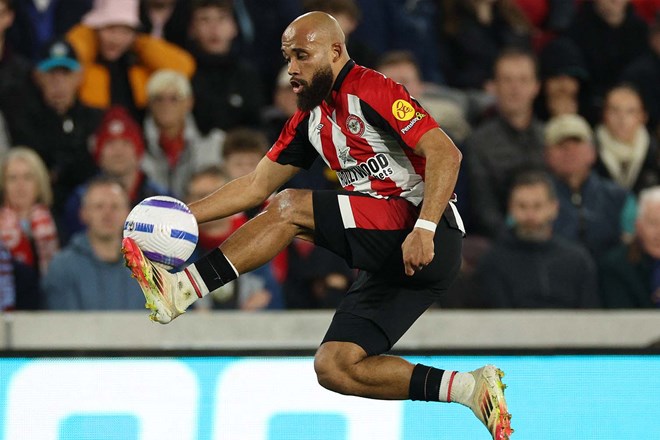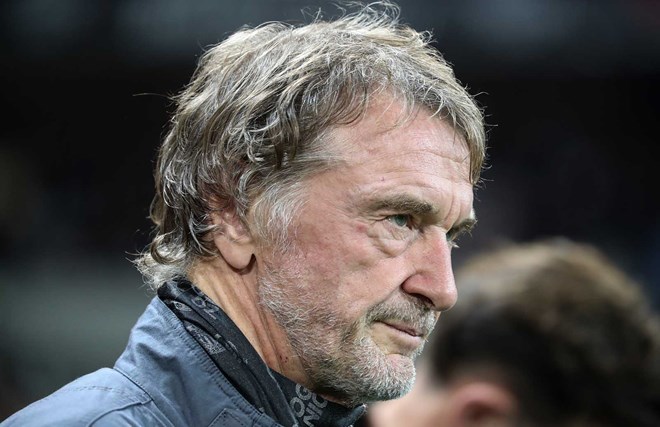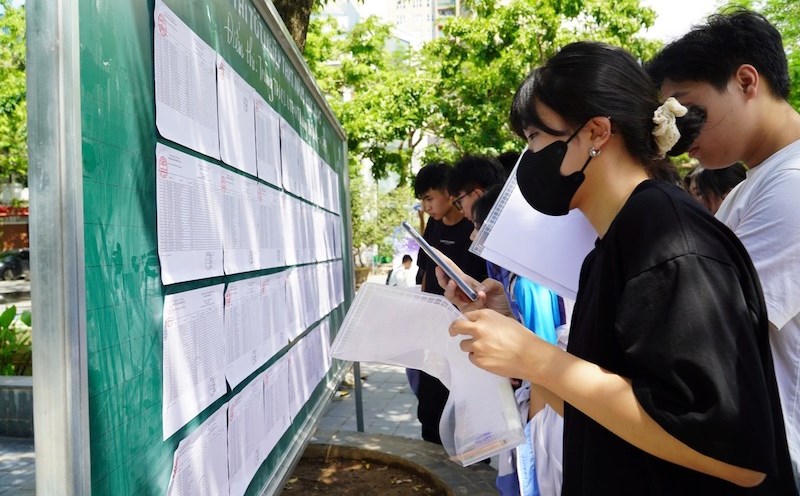The initial fee Manchester United spent to sign Bryan Mbeumo was £10 million more than Tottenham paid Dominic Solanke last summer.
At that time, Solanke still had 3 years left on his contract with Bournemouth. This figure is equal to the amount of money Chelsea spent to get Pedro Neto from Wolves, in the context that the Portuguese player has up to 3 years left on his contract.
In contrast, Manchester City - known for their negotiating days - paid Mateo Kovacic just £25 million in advance when he entered the final year of his Chelsea contract.
The Citizens also applied a similar strategy to get Rayan Cherki, with an initial fee of £30.4 million from Lyon, with the Frenchman having only 1 year left on his contract.
As of now, Man City's most expensive signing this summer is Tijjani Reijnders from AC Milan for £46.3 million - a player who has just extended his contract until 2030.

It is noteworthy that the person trying to change the image of Man United's "excessive wrist" spending is the one who has contributed to building a reputation for effective trading for Man City: Omar Berrada.
Before being recruited by Man United in January 2024, just a few weeks after Sir Jim Ratcliffe completed the club's share buyback, Berrada was Man City's CEO.
During Berrada's time at the Etihad, Man City was known for its cautious and disciplined transfer policy. They have rejected big-money deals such as Harry Maguire, Alexis Sanchez and Cristiano Ronaldo - all of whom later joined Old Trafford in controversial contracts for their value and huge salaries.
Speaking in 2020, Berrada affirmed: "We have shown very clearly in recent seasons that we only sign players if we feel it is a reasonable price. We consider the quality, age, experience and what the player can bring to the team, then make a decision."
Experts expect him to bring that mindset to Old Trafford, helping the "Red Devils" spend more effectively. However, reality shows that even an experienced manager like Berrada - who worked at Barcelona before joining Man City in 2011 - cannot avoid "united tax" (the insurance fee that rival clubs apply to players when Man United - PV). This is the price that every team seems ready to shout out when they know their customer is named Man United.
Man United are currently struggling financially, the result of a decade of uncontrolled spending since Sir Alex Ferguson retired in 2013 until now. Ratcliffe has quickly adopted harsh cost-cutting measures, most notably the loss of 450 jobs.
Berrada has defended the budget tightening measures and said it will help the club operate more effectively in the transfer market.
"We have put ourselves in the best position possible by implementing all cost-cutting measures this year.I believe we will end the transfer window with a squad that is significantly stronger than at present," Berrada said.

However, actual figures raise questions about the effectiveness of these measures. Man United's financial report says the first cut in 2024 - with 250 personnel - only helps them save about 8-10 million pounds.
This is a small amount compared to the £133.5 million Man United spent bringing in the two strikers this summer, not to mention £7 million for teenage left-back Diego Leon.
The plan to carry out further deals through the sale of players is also having problems. Marcus Rashford is about to join Barcelona but only on loan, while Alejandro Garnacho is valued by M.U at up to 70 million pounds.
This situation will put the two new recruits Cunha and Mbeumo under great pressure. They are forced to show their talent immediately. If they start slowly, criticism will be directed towards Berrada and sporting director Jason Wilcox.
However, unlike previous years when Man United spent heavily on unfounded deals, the current board clearly understands what they are paying for. These are players who have proven their ability in the Premier League.











